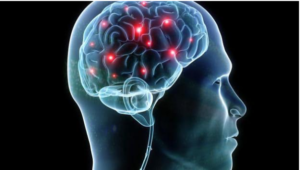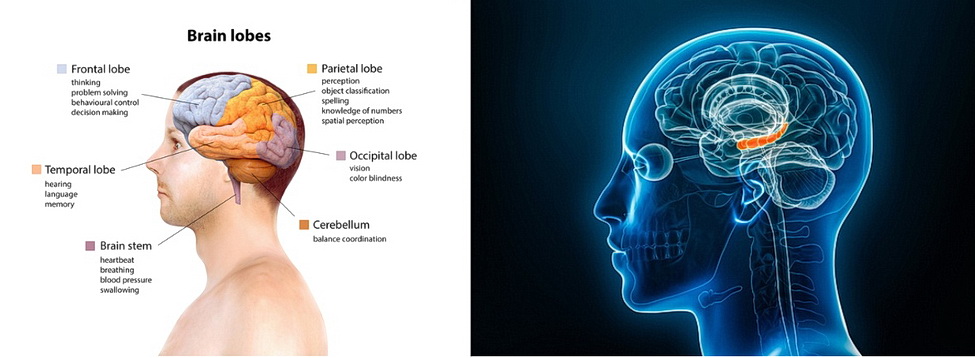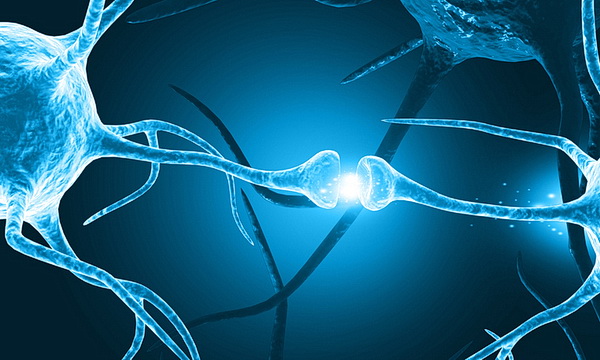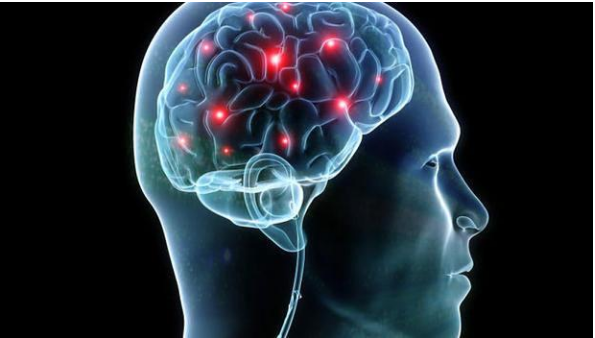
RFK Jr.’s Fluoride Concern
United States Secretary of Health and Human Services Commissioner Robert F. Kennedy Jr. has publicly stated his stance on water fluoridation (the process of adding fluoride to public water supplies to help prevent tooth decay).
He proposes the removal of fluoride from public drinking water systems, which is based on his research that it can be a “dangerous neurotoxin,” with links to various health issues, such as IQ impairment among children, as well as arthritis, bone fractures, bone cancer, neurodevelopmental disorders (affecting the nervous system), and thyroid disease.
Kennedy: “Choice Matters!”
Kennedy’s main argument is that we shouldn’t be doing “mass medication” through our water supply. He thinks people should have the choice of what goes into their bodies, instead of having it automatically added to our water.
Other arguments include:
-
-
- There might be health risks we haven’t fully understood yet
- We can get the teeth-protecting benefits from toothpaste and dental visits instead
- Some people don’t want it, and that should be their choice
-
Let’s Talk Numbers
Before we dive into the research, here’s something interesting: the amount of fluoride in our water is tiny. We’re talking about 0.7 milligrams per liter. That’s roughly the weight of one-fifth of a grain of salt per fluid ounce of water.
The IQ Research
Several studies have looked at whether fluoride affects kids’ intelligence:
-
-
- A 2025 Study in JAMA Pediatrics looked at 64 different studies and found that higher fluoride exposure seemed to correlate with lower IQ scores; however, many of these studies had flaws as they weren’t specifically looking at U.S. water fluoridation levels.
- A 2024 National Toxicology Program Review found that high fluoride levels (more than double what we use in the U.S.) might affect IQ, but they couldn’t say for sure what happens at our standard levels.
- 2012 Harvard Study: This research combined 27 studies and suggested fluoride might affect brain development in kids, but called for more research.
- The CDC & ADA Acknowledgement: Fluorosis is the most widely accepted side effect, and is the reason the U.S. lowered the recommended fluoride level in water to 0.7 mg/L in 2015.
-
Other Health Concerns
Researchers have also looked into other potential issues:
-
- Bone Health: Some studies suggest high fluoride exposure might increase fracture risk, especially in older adults. The bone cancer connection is still up in the air – some early studies raised concerns, but later reviews couldn’t confirm a clear link.
- Brain Development: Some scientists have put fluoride on their list of chemicals that might affect developing brains, though this is still being debated.
- Thyroid Issues: A UK study found that areas with higher fluoride levels had a higher incidence of underactive thyroid, which warrants further investigation.
What Do the Health Experts Say?
Most major health organizations (like the CDC, American Dental Association, and World Health Organization) still think fluoride in water at current levels is safe and beneficial. They point out that it’s helped reduce tooth decay dramatically over the decades.
But Kennedy and others are saying, “Hey, maybe we should be extra careful here, especially when it comes to kids and vulnerable populations.”
What Happens Next?
Nobody has a crystal ball, but whether we see changes will probably depend on:
-
- How much influence Kennedy has on local water policies
- How communities respond to the research
- Whether public health groups change their recommendations
- What individual cities and towns decide to do
The Big Picture
This entire situation highlights an interesting development currently underway in our country. People are asking more questions about long-standing health practices and want a greater say in decisions that affect their families.
Some folks are thinking, “If there’s even a small chance of risk, why not be extra cautious?” Others are saying, “The benefits outweigh the potential risks, and we shouldn’t abandon something that’s helped so many people.”
What Can You Do?
If you’re concerned about fluoride in your water, here are some options:
-
-
- Talk to your doctor or dentist about what’s right for your family
- Look into water filters that remove fluoride if you want to avoid it
- Stay informed about what your local water district is doing
- Make sure you’re still protecting your teeth with fluoride toothpaste or other dental care
-
The Bottom Line
This is one of those issues where reasonable people can examine the same information and draw different conclusions. The key is staying informed, considering the evidence, and making decisions that feel right for you and your family.
Whether you’re team “keep the fluoride” or team “take it out,” the most important thing is that we’re having these conversations and asking questions about our health and the choices our communities make.
What do you think? It’s definitely a topic worth discussing with the people in your life!
















 June 27th is National PTSD awareness day. While there is still a general lack of understanding of
June 27th is National PTSD awareness day. While there is still a general lack of understanding of  Alzheimer’s disease is an aggressive neurological disorder that slowly breaks down brain cells and inhibits bodily function. The main problem materializes when a person starts to forget things as their brain cells gradually die.
Alzheimer’s disease is an aggressive neurological disorder that slowly breaks down brain cells and inhibits bodily function. The main problem materializes when a person starts to forget things as their brain cells gradually die.